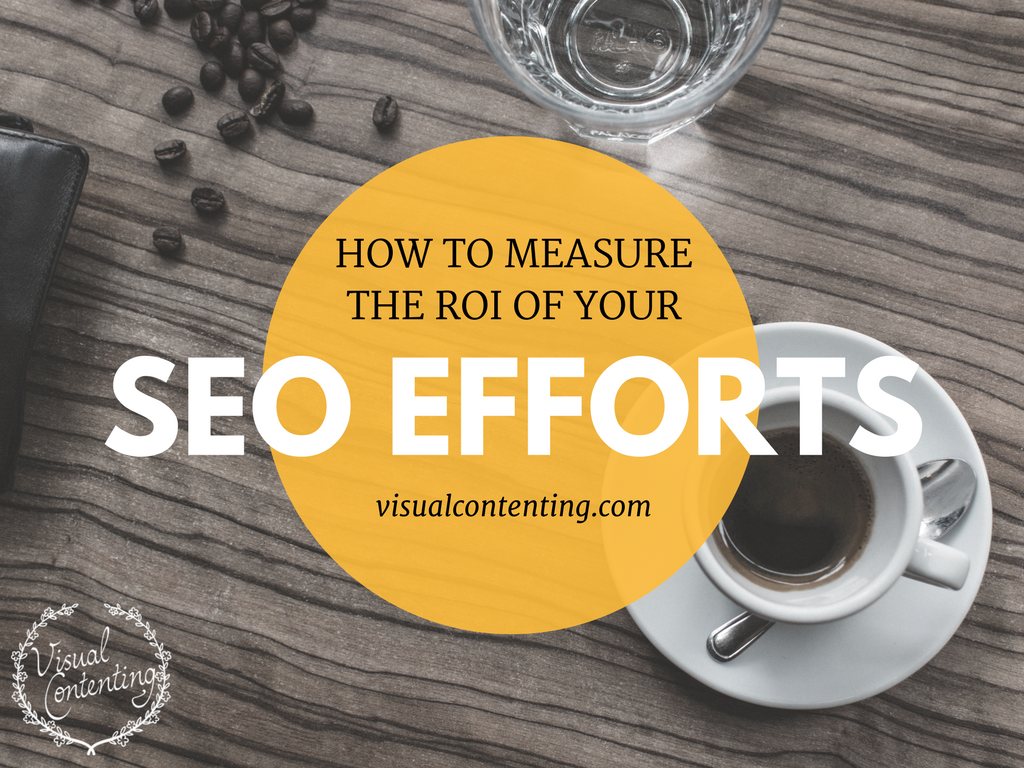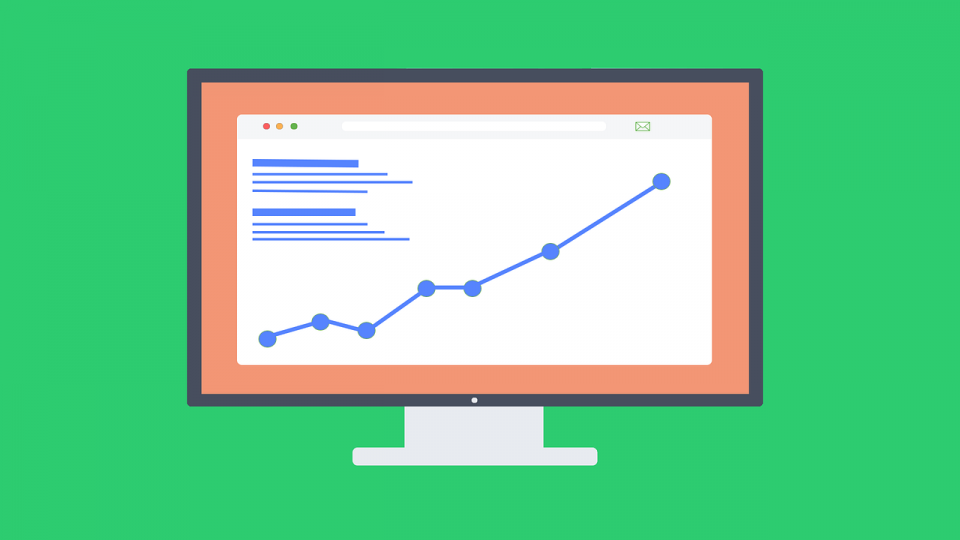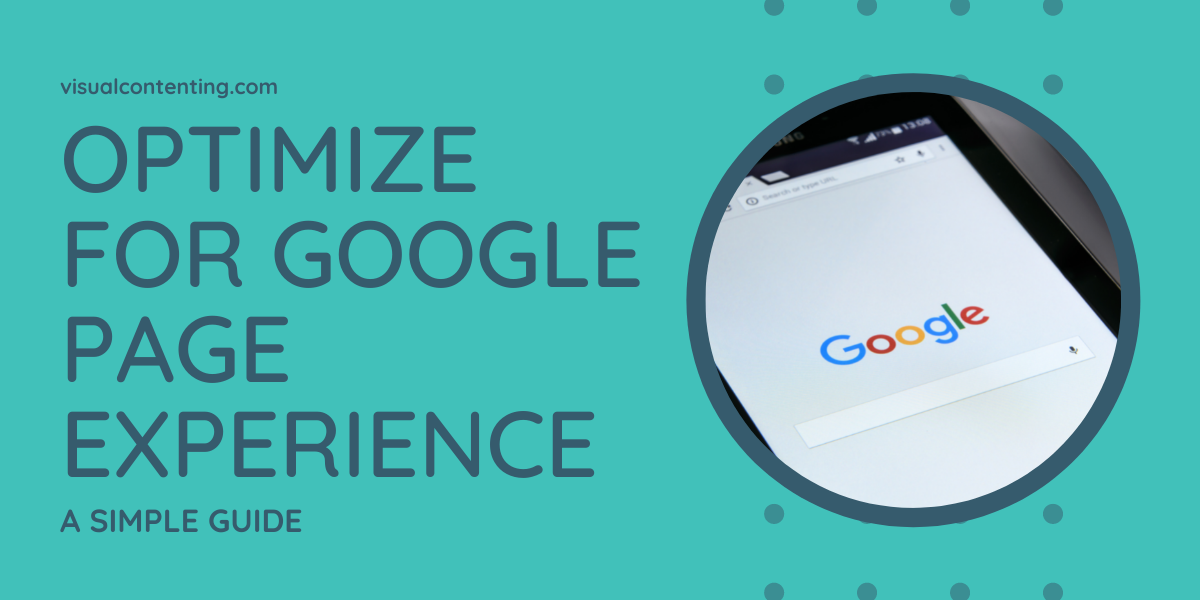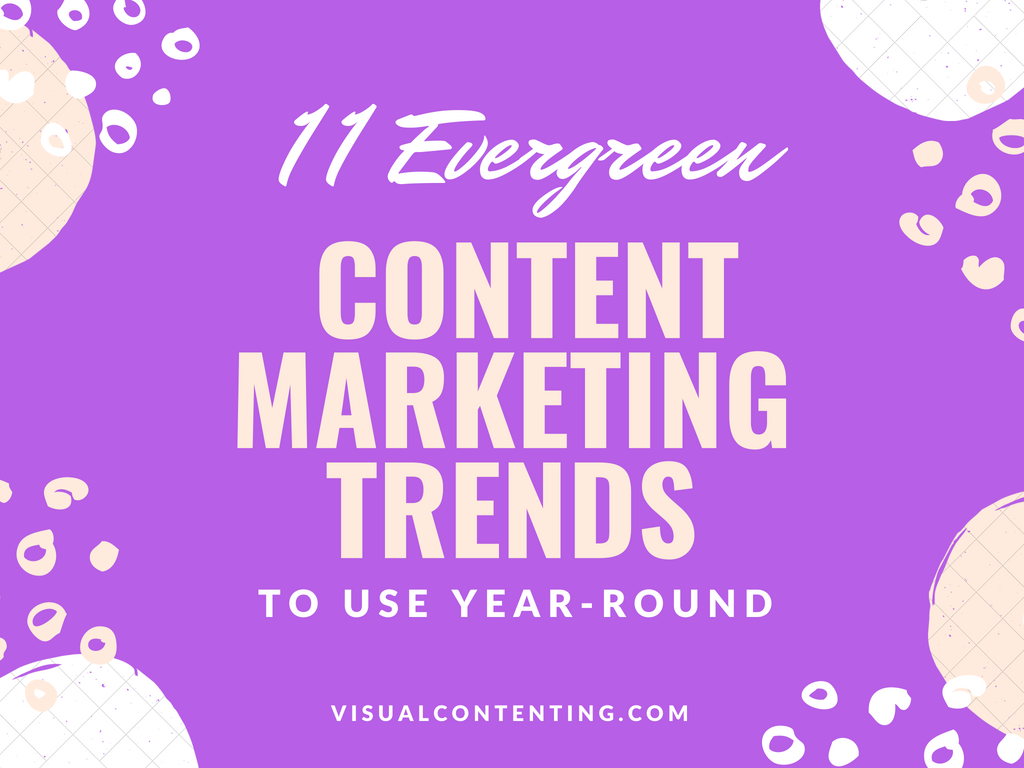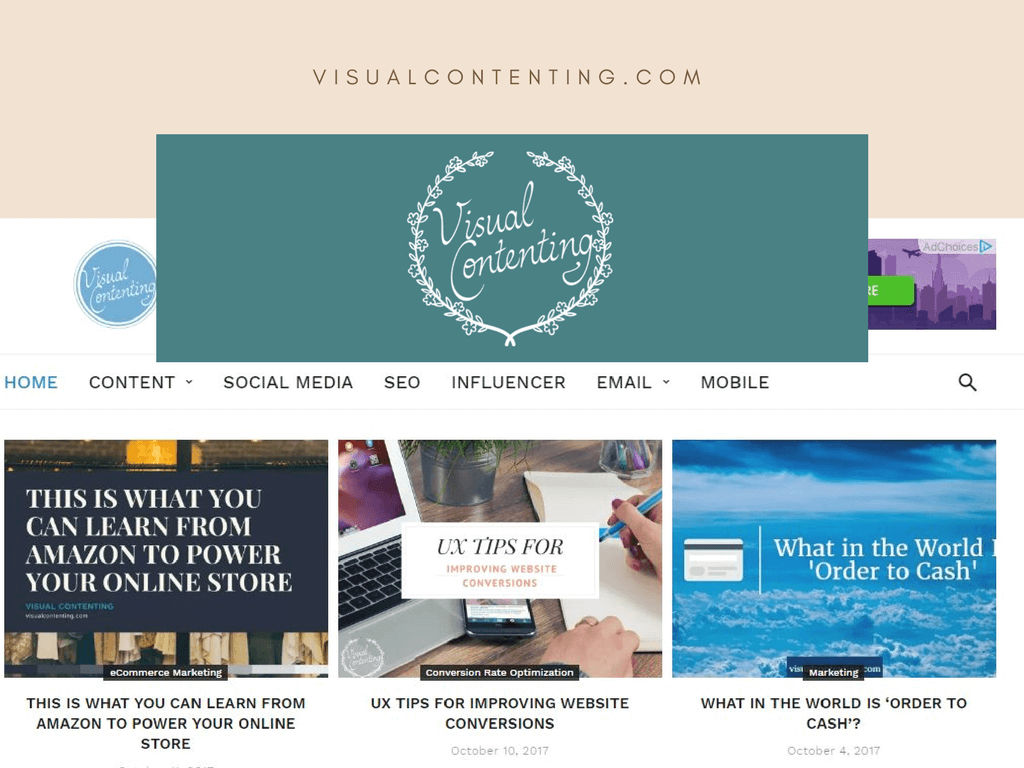SEO has become a very important aspect of digital marketing, yet some are still rather suspicious about it, since it might seem too vague and its results hard to measure, especially when it comes to metrics like ROI. This might pose a problem, since most experts will tell you that SEO doesn’t come down to immediate cash returns, but has many long-term benefits that are not instantly measurable. However, this doesn’t mean there aren’t reliable methods to determine whether your SEO campaign is working or not. Let’s see how ROI can be calculated in this context and why this is simply not enough.
Calculating ROI
The point of ROI calculation is basically to determine whether a certain campaign is financially beneficial for the client. In simple terms, this means that the client should make more money as a result of a campaign than was invested in it. The calculation is pretty straightforward – you take the amount of traffic generated by your SEO efforts, multiply it by conversion percentage, and then further multiply it with the average amount of money the client earns from a single conversion. The number you end up with is the total revenue from your SEO efforts. Then you should deduct the cost of the SEO campaign from this number and it will be pretty clear whether your client is making money thanks to you.
This is a simple calculation and all these numbers are quite easy to track. The problem with it is that the results of SEO go beyond mere sales and conversions and some of the long-term benefits can’t be identified by looking at cash reports. There are a few other things you should have in mind when estimating the success of an SEO campaign. Let’s check out what else there is.
Non-branded Search
One of the clearest indicators that you’re doing a good job are high rankings in searches that don’t include the name of the brand in question. This improves a business’ general visibility and helps you reach people that haven’t even heard of your client’s brand or simply don’t consider it their first choice when looking for related products or services. Being high up among the search results for keywords related to a certain business might not bring too many immediate conversions, but should be considered the first step towards boosting sales. It helps people get familiar with the existence of the brand and will eventually stimulate an increase in the number of people intentionally searching for it. This will definitely bring more conversions and get you a step closer to making cash returns from your SEO efforts.
Number of Keywords
Among other crucial metrics is the number of keywords that you have covered during the SEO campaign. This means that the indicator of a successful campaign is the fact that you have high rankings for multiple related keywords – this makes it harder for your competition to climb up above you no matter which search people conduct. This, in turn, results in some obvious long-term benefits. If you’re looking for some advice on tools and analytics that will help you track these numbers, as well as a bunch of other metrics, check out some of the articles by this SEO agency from Hong Kong that contains a lot of useful info on the matter.
Quality of Traffic
Apart from factors like non-branded searches, number of keywords or number of backlinks that are pretty good signs that the campaign is working even though immediate ROI is not perfect, there’s also one clear indicator that ROI is actually low due to bad optimization methods - low quality traffic. A client’s website might see a big increase in traffic and yet no or little improvement in sales, which usually means that you boosted rankings for keywords that are either too vague or not related tightly enough to the client’s business or products. If this is happening, you should check several important metrics like visitor retention, bounce rate or page depth to see what’s going on and do something about it.
It’s important to have in mind that SEO is not the start nor the ending of any digital marketing effort, let alone a general online strategy. Any businessperson should know that a perfectly good SEO campaign might amount to nothing if your developers and designers don’t do a good job when it comes to the look and functionality of your website, let alone the quality of the product. This is something no SEO can do anything about and it’s thus very important to explain to the client that optimization can be a very useful tool, but is definitely not unlimited in its power.
Related Posts
A digital marketer from Sydney. Works as a blogger, Senior Editor for Bizzmark blog and a lecturer at Melbourne University. Tweets industry related articles.
